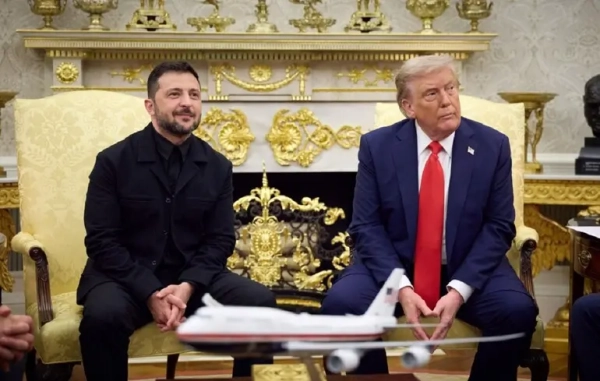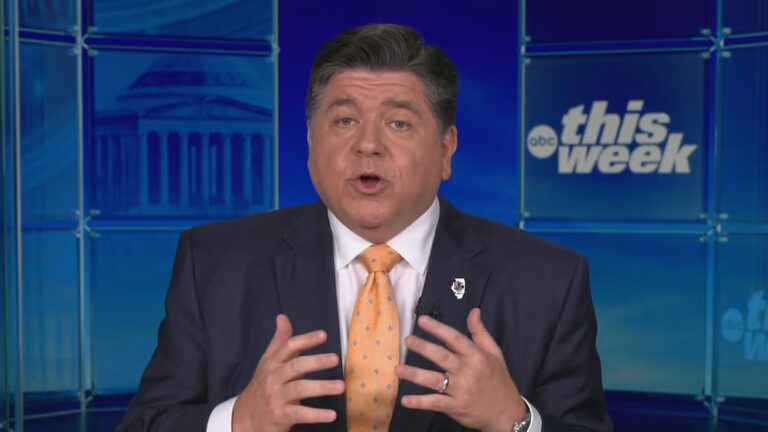
If Bernie Sanders runs in 2020, as looks likely, he’ll enter the race as the frontrunner. The upside of that is he won’t have to fight for coverage; every utterance, every proposal, will be a story. He’ll set the terms of the debate. The downside, at least if he lets it be a downside, is he’ll be evaluated as a potential president. He won’t be graded on the insurgent’s curve.
How he negotiates that new reality will be central to whether he actually becomes the Democratic nominee. To succeed, he needs to merge what he did so well in 2016 with an understanding of what he didn’t do so well.
Which brings us to his Stop BEZOS Act. Sanders wanted to dramatize the unfairness of rich corporations with mega-rich CEOs paying their workers so little that they have to use public benefits. So he released a bill taxing such companies a dollar for every dollar in benefits their workers used. It’s classic Sanders: a powerfully populist message built around a specific billionaire enemy.
But the bill is disastrously constructed. In practice, it penalizes states with generous public benefits, penalizes employers for hiring in states with generous public benefits or hiring people who use public benefits, and penalizes workers for having kids and being married.
When policy experts who’ve devoted their lives to improving the lot of the poor — so Sanders’s allies in theory, and usually his allies in practice — made these criticisms, Sanders’s operation reacted furiously and counterproductively, accusing the excellent Center on Budget and Policy Priorities of corruption.
This, too, is classic Sanders. As my colleague Matt Yglesias writes, “Sanders and his camp, on a fundamental level, don’t trust the leaders of the Democratic Party or their aligned institutions. They instinctively see criticism as an effort by insiders to freeze him out, rather than a good-faith debate about priorities and proposals.”
That didn’t matter so much when Sanders was an insurgent critic of the Democratic Party; it matters a lot more now that he is one of the leading Democrats for 2020. A president who can’t hear reasonable criticism of his plans as information that can help him improve them is a president whose agenda will quickly collapse beneath its own contradictions and errors.
And that’s what Sanders is now: a potential president.
Bernie Sanders’s 2020 test: showing how he’ll govern
One lesson Democrats learned from Hillary Clinton’s failed campaign is that the party worried too much about policy and not enough about symbolism. As my old editor Mark Schmitt used to say, it’s not what you say about the issues; it’s what the issues say about you.
Sanders gets this. He’s always gotten this. And he proved the power of it when he came from nowhere to almost beat Clinton for the Democratic nomination.
But if one of the lessons Democrats needed to learn from 2016 was to listen to Sanders and care more for symbolism, one of the lessons Sanders needed to learn was to care more about the workability of policy.
His campaign thrived as an insurgency, when the story was overflowing rallies and inspired crowds; it struggled as his poll numbers rose and his plans came under more scrutiny. His campaign reacted to normal policy scrutiny with outrage. They weren’t ready for their proposals to be looked at closely, and they hadn’t prepared their candidate for it, either. This hurt Sanders tangibly and often. It led to more negative press coverage, disastrous interviews, and debate openings for his opponents.
In 2016, Sanders’s team complained that these criticisms held them to an unfair, even impossible, standard; Clinton had locked up the Democratic policy community, and most of it was too neoliberal to give them useful advice anyway. But in large part due to Sanders’s success, that’s no longer true. The party has moved substantially to the left, Sanders is a big enough name to attract excellent staff and advisers, and there’s a much broader network of lefty policy thinkers working out ideas Sanders could draw on.
A key question Sanders’s next act will answer is whether the weaknesses of his 2016 campaign reflected Clinton’s control of the party or whether they were rooted in Sanders’s personality and governing style. How he develops policy, and responds to criticism of it, will be a crucial test.
As the frontrunner, if Sanders can’t absorb critiques and use them to improve his ideas, it will deepen fears about the kind of president he’d be. Conversely, if Sanders builds a policy process (and policy staff) that designs tighter policy and is able to absorb and persuasively respond to critiques of that policy, he’ll put a lot of those concerns to rest. The choice is his.
Sourse: vox.com






